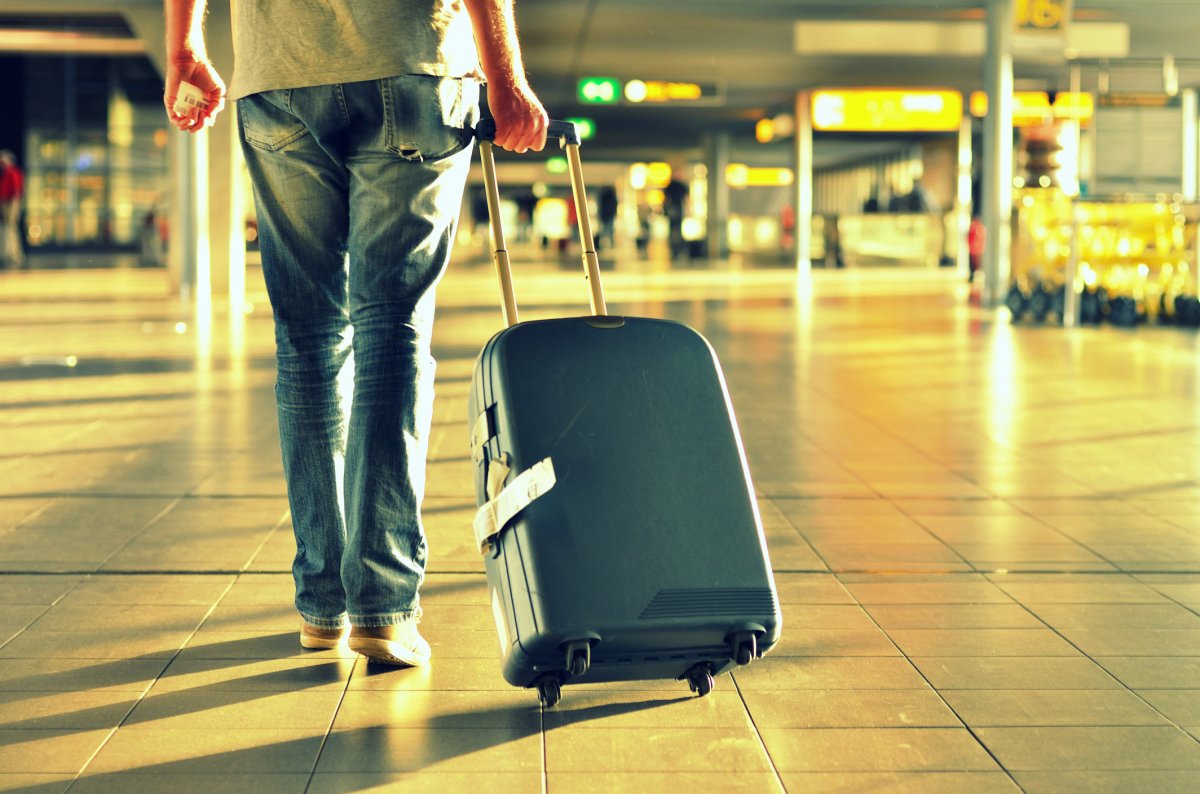‘Smart luggage’ – luggage that can charge phones or be driven around the airport – are hot ticket items this holiday, but they may be difficult for travellers to use as some airlines have imposed bans on the new suitcases.

American Airlines and Delta Airlines have both released statements saying they will no longer accept such “smart bags” as checked or carry-on luggage if the lithium-ion batteries within the bags cannot be removed as the batteries pose a fire hazard risk and may catch fire during a flight.
READ MORE: Travel Tuesday: Five vacation mistakes to avoid
“As part of safety management and risk mitigation, we always evaluate ways to enhance our procedures, and the Safety team at American has conducted its own analysis of these bags,” American Airlines said in a statement. “Beginning Jan. 15, customers who travel with a smart bag must be able to remove the battery in case the bag has to be checked at any point in the customer’s journey. If the battery cannot be removed, the bag will not be allowed.”
(The January effective date also applies to Delta Airlines.)
If the customer is able to take the bag into the cabin with them, then they will be able to leave the battery installed. As long as the flyer powers off the smart bag, then they will not be required to do anything else.
However, if the bag is required to be checked, then the customer will have to remove the battery.
While nothing is official with Canadians airlines yet, steps are being taken at WestJet to address the issue.
According to spokesperson Robert Palmer, WestJet doesn’t see many of the bags but as they become more popular, they expect to see more on their flights.
“For this reason, we are taking a closer look at them now and our dangerous goods team confirms that we will likely adopt the same approach as other airlines,” he said in an email statement. “With guests flying on multiple airlines often in the same journey, it makes sense to adopt a consistent approach for safety reasons.”
Global also reached out to Porter Airlines, who said they were unable to provide any “guidance” on the subject today.
READ MORE: Flair Airlines ditches carry-on fees – temporarily
For Air Canada, spokesperson Peter Fitzpatrick says it is the airline’s policy to accept smart luggage as carry-on, or as checked luggage with the battery removed and carried on.
Lithium-ion batteries have already been banned on several airlines and international standards have been imposed by the International Air Transport Association. As of April 1, 2016, lithium-ion batteries are prohibited as cargo on passenger aircrafts.
Bluesmart, one of the major manufacturers of the product, released a statement following the news that airlines would be imposing the ban to let customers know they are doing what they can to comply with the rules.
“We understand that there are some airport security concerns about travel technology and companies adhering to the various regulations and quality standards,” the statement said. “Before and at the time of production, we did our due diligence to make sure that we complied with all international regulations defined by DOT and FAA. While most airlines understand and approve of smart luggage, others might still be getting up to speed. We are saddened by these latest changes to some airline regulations and feel it is a step back not only for travel technology but it also presents an obstacle to streamlining and improving the way we all travel.”







Comments